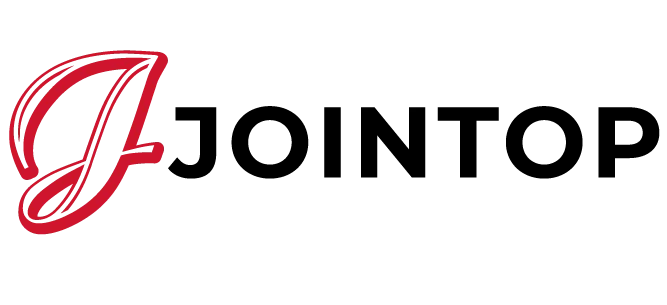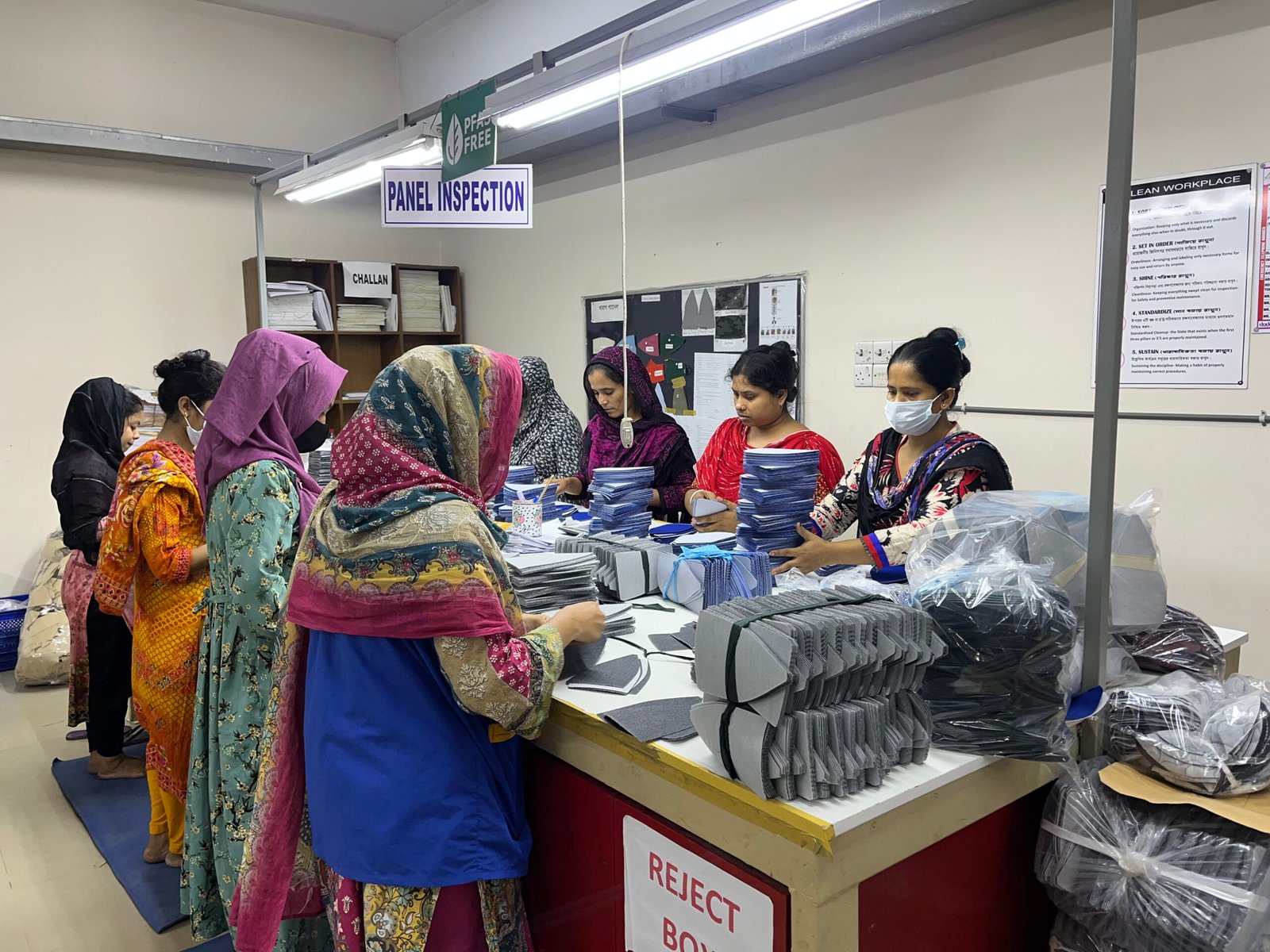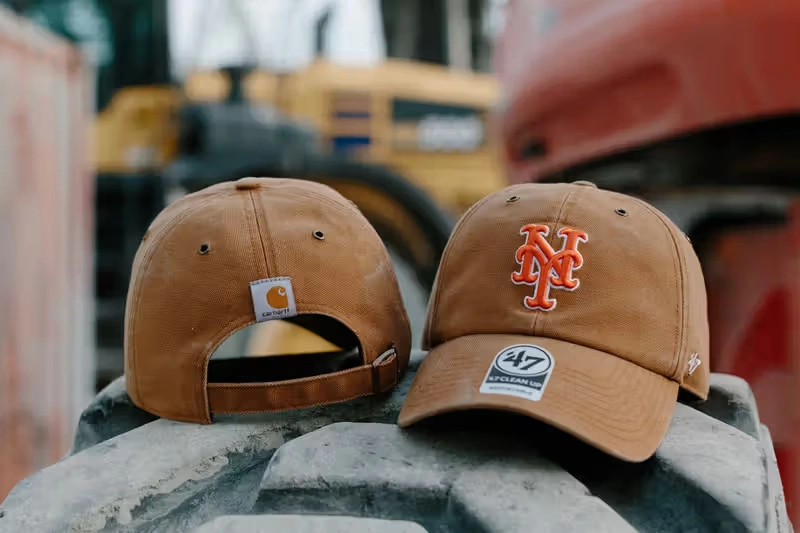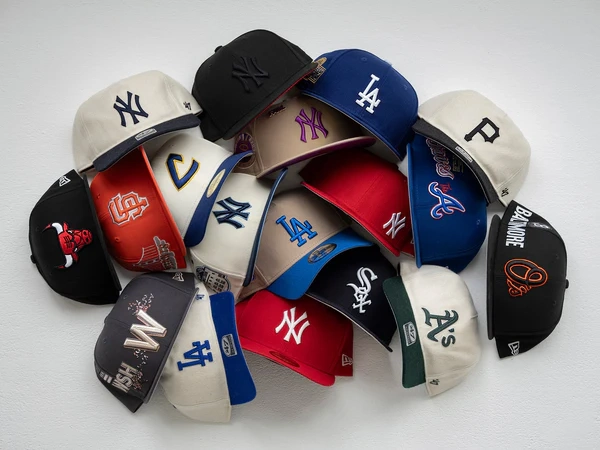Finding the right OEM/ODM Trucker Cap Manufacturer is the difference between a smooth project and a stressful one. Whether you’re starting a fashion brand, ordering caps for an event, or building a wholesale program, the factory you choose will shape how your brand is seen.
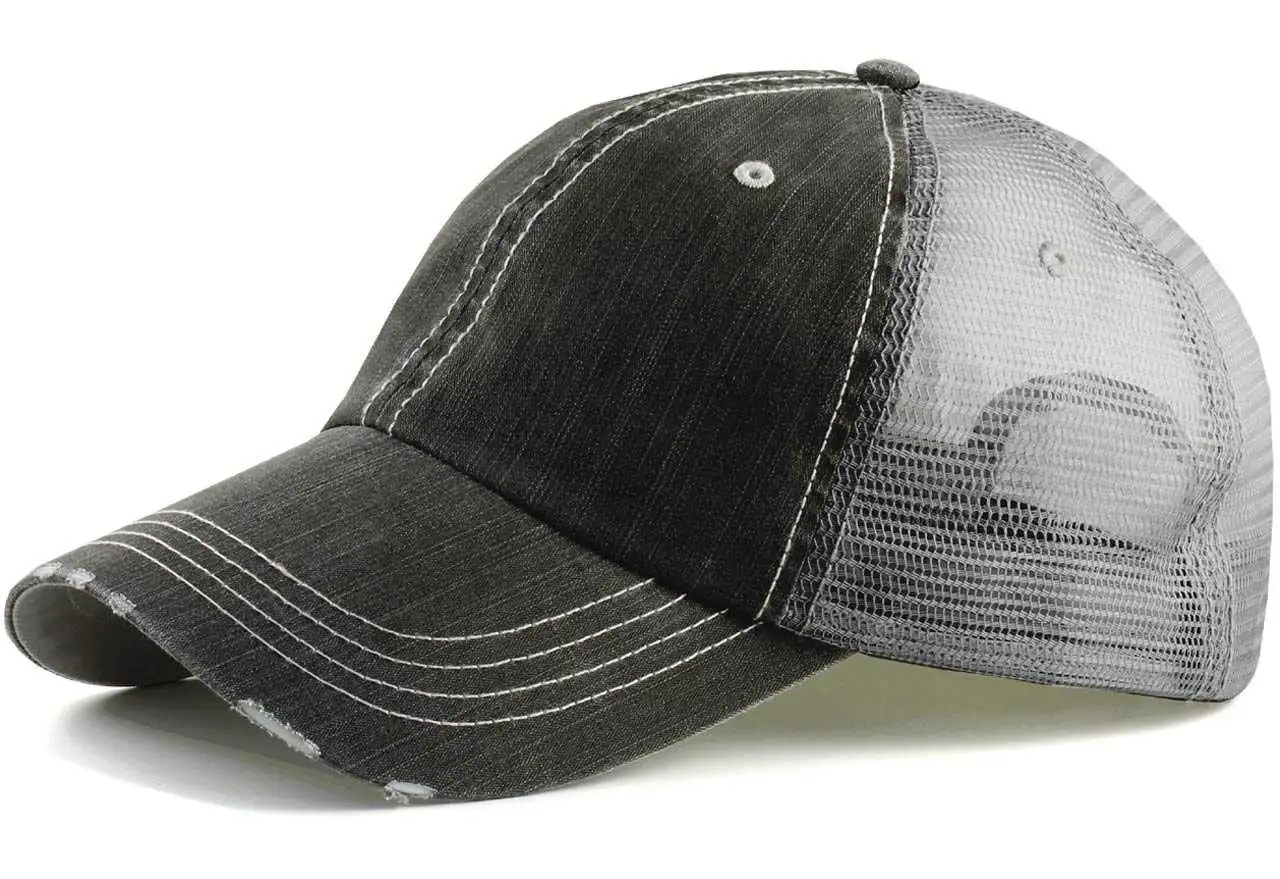
This guide covers the essentials you need before placing an order. You’ll learn what OEM and ODM mean, how to check factory capabilities, manage customization, and plan logistics. By the end, you’ll know exactly how to work with a manufacturer and turn your ideas into quality trucker caps.
OEM vs ODM: What a Trucker Cap Manufacturer Provides

When you start working with a trucker cap manufacturer, you’ll often hear the terms OEM and ODM. Knowing the difference helps you choose the right path for your project and avoid confusion later.
Quick Definitions
OEM (Original Equipment Manufacturer) means you give the factory your design or tech pack, and they produce the caps exactly as planned. This option suits brands with clear styles or unique details. ODM (Original Design Manufacturer) means the factory already has base designs you can adjust with your logo, fabrics, or colors. It’s a faster, more budget-friendly option for quick launches.
Core Services
Both OEM and ODM manufacturers usually follow the same process. They offer design support, prepare samples, run bulk production, and manage embroidery or assembly. Quality is checked through inspections, and logistics include packaging and shipping. Knowing these steps helps you understand what to expect and plan your project with confidence.
How to Choose a Trucker Cap Manufacturer (Buyer Checklist)
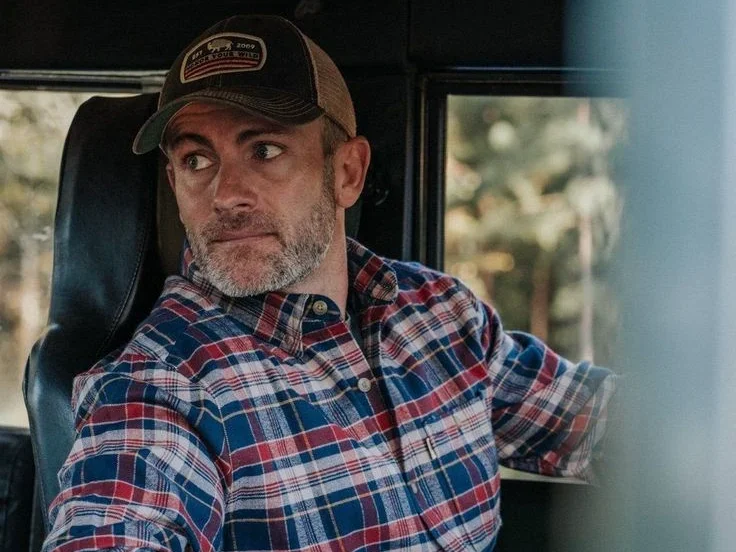
When you’re looking for the right trucker cap manufacturer, it’s important to balance style options, factory reliability, and production capacity. A solid checklist helps you avoid costly mistakes and makes sure your custom caps arrive on time.
Capability Match
Not every factory can handle the same range of customization. Check if the manufacturer offers:
Different trucker cap styles (foam front, structured, unstructured)
Advanced decoration methods like 3D-puff embroidery, woven patches, or appliqués
Heat-transfer printing for detailed logos and vibrant colors
A factory with broad capability ensures your design won’t be limited.
Compliance & Proof
Reliable manufacturers should be able to show real documentation. Ask for:
BSCI, Sedex, or ISO certifications to confirm ethical and quality standards
Factory address and production floor videos to prove they’re not just a trading company
References from past buyers to gauge credibility
These checks protect your brand’s reputation and give peace of mind.
Operations & Performance
The best trucker cap manufacturer balances price with dependable delivery. Key factors include:
MOQ (minimum order quantity): lower MOQs help startups, while higher runs fit large orders
Lead time: sample turnaround should be fast (within a week), with bulk production in weeks, not months
On-time rate and response speed: signals how well they’ll handle your project and keep you updated
Choosing a partner with strong operations avoids delays and missed opportunities.
Materials + Customization
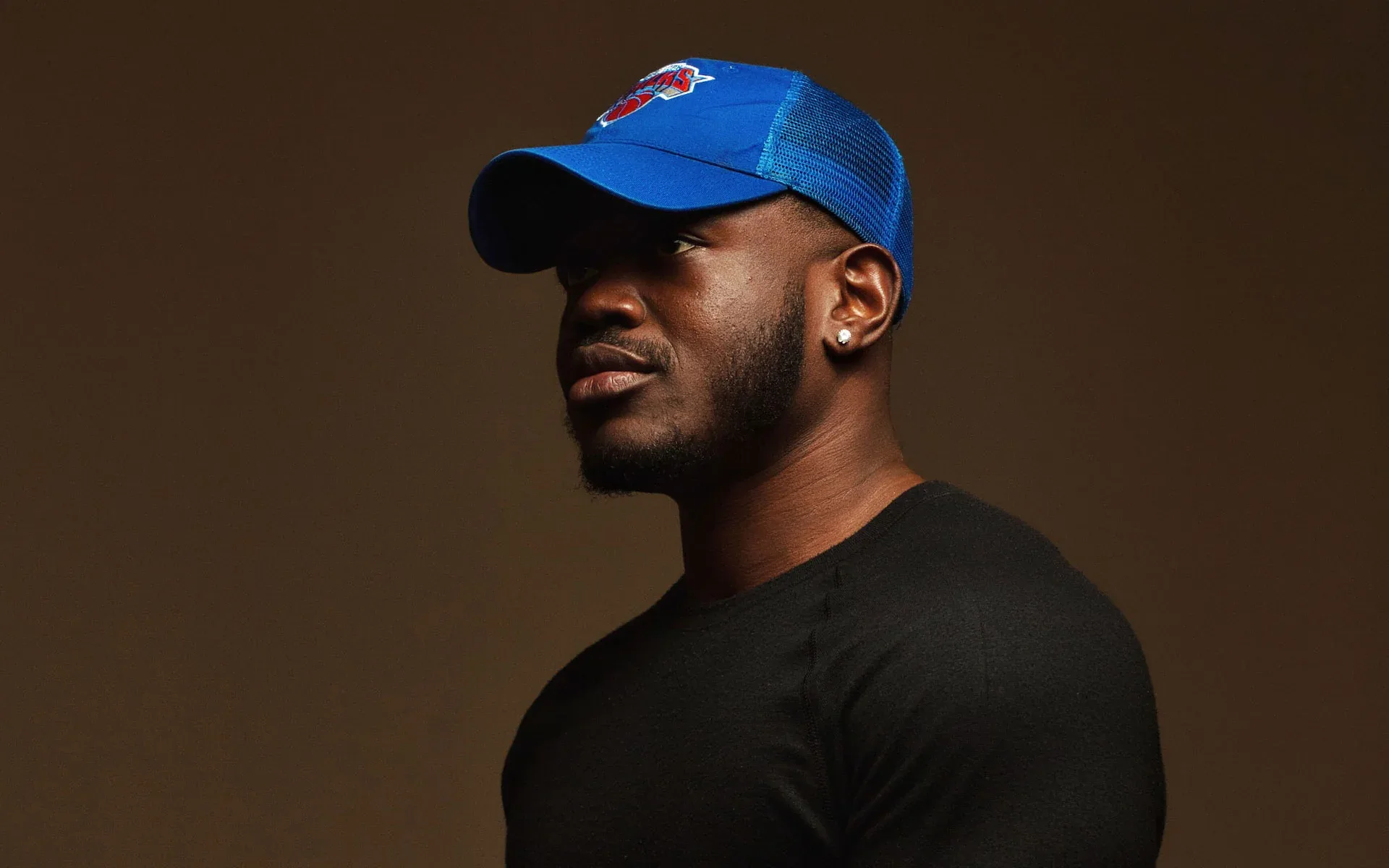
When choosing a trucker cap manufacturer, the fabric and decoration methods you pick will directly shape your costs, lead times, and final product quality. Understanding these basics helps you ask the right questions.
Fabrics
Most trucker caps use a mix of cotton or polyester twill for the front and a foam + mesh back for structure and breathability. If you want an eco angle, ask about rPET mesh or twill made from recycled plastic bottles. Always request certifications like GRS and batch test reports to confirm authenticity.
Branding
The decoration method affects both look and budget:
Flat embroidery: clean and versatile for most logos
3D-puff embroidery: raised effect for bold branding
Patches (woven or embroidered): classic style, good for detail
Heat-transfer or DTF printing: ideal for colorful or complex designs
Cost Drivers
Even small details can change your price and timeline. Key factors include:
Stitch count: more stitches = higher embroidery cost
Patch type and size: woven, leather, or PVC patches each carry different costs
Trims and packaging: custom labels, hangtags, or boxes add value but also extend lead time
A clear discussion with your manufacturer about these points prevents hidden fees and ensures realistic delivery schedules.
From Brief to Bulk: Timeline, MOQ & Pricing
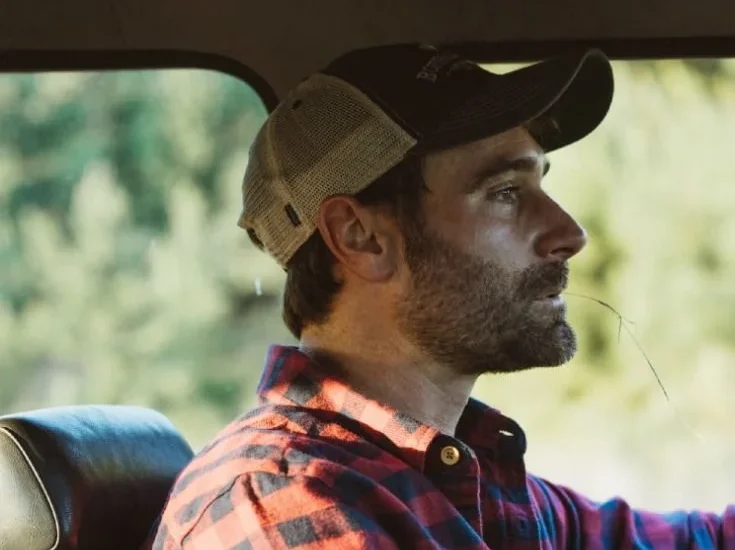
Working with a trucker cap manufacturer is smoother when you understand the steps, timelines, and costs upfront. Here’s how the process usually works.
Production Flow
Factories usually follow a simple path: you send specifications, they make a mockup, prepare a pre-production sample, run bulk production, and finish with inspection. This process helps avoid mistakes and keeps orders consistent.
Timelines
Samples can be ready in about 3–5 days with in-stock fabrics. Bulk production often takes 15–35 days, sometimes longer during peak season. Knowing the schedule early helps you plan ahead.
MOQ & Pricing
Minimum order quantity (MOQ) affects flexibility and cost. Some suppliers allow small runs, others need larger ones. Pricing should include unit cost, embroidery or patch fees, packaging, freight, and customs duty so you don’t face hidden charges.
Quality Control You Must Specify
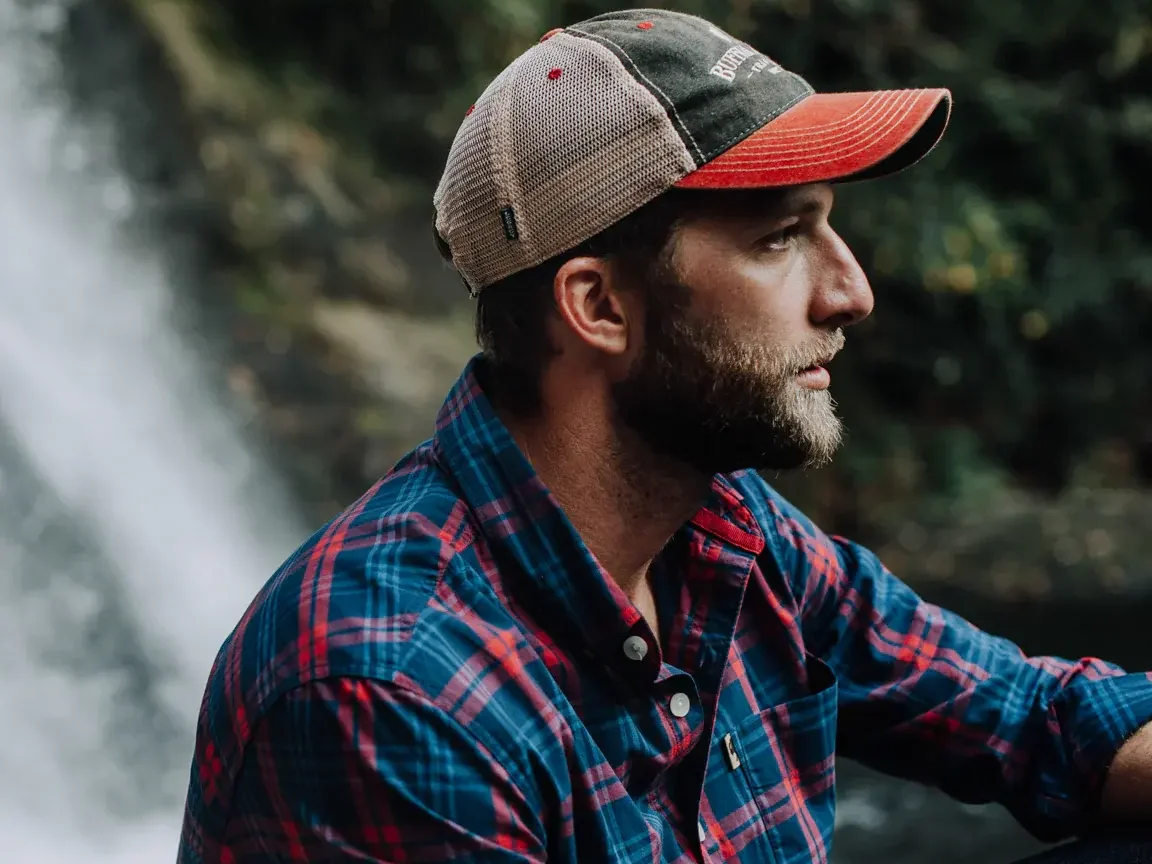
Working with a trucker cap manufacturer is not just about getting the style right—it’s also about making sure every cap meets your quality standards. Setting clear rules upfront avoids costly problems later.
Inspection Standards
Always include AQL levels (Acceptable Quality Limits) in your purchase order so both sides know the tolerance for defects. Request inline inspections during production and a final inspection before shipping. For decorated fronts, ask for colorfastness and wash tests to make sure embroidery or prints last through regular use.
Verifying Claims
Some factories may claim certifications they don’t actually hold. Protect yourself by:
Spot-checking audit reports like BSCI or Sedex and confirming audit IDs
Asking for sustainability paperwork such as GRS certificates for recycled fabrics
Reviewing labels, batch codes, or tracer systems when offered
By confirming these details, you ensure your caps are produced responsibly and meet your brand’s quality promise.
Logistics & Risk Management
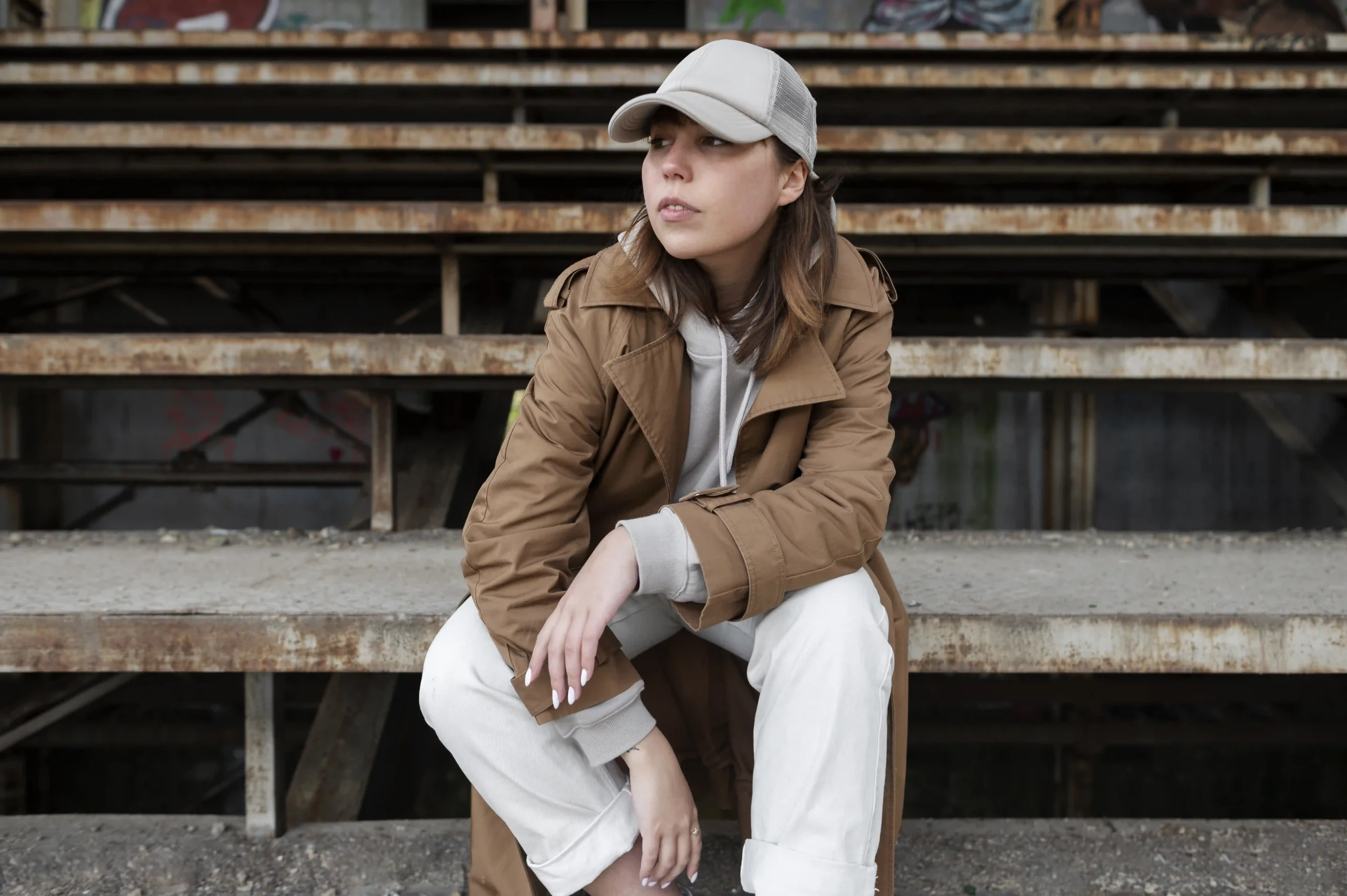
Even if you’ve found the right trucker cap manufacturer, smart planning around shipping and risks ensures your order arrives on time and in good shape. Treat logistics as part of quality control, not an afterthought.
Shipping Terms
Agree on Incoterms early so there’s no confusion about who handles costs and risks. Common terms include:
EXW (Ex Works): buyer takes responsibility from the factory door
FOB (Free on Board): supplier covers delivery to port, you handle shipping
CIF (Cost, Insurance, Freight): supplier manages transport to your destination port
Clear terms help avoid disputes and surprise charges.
Reducing Risks
To protect your investment, take a few simple steps:
Book inspections before releasing the final balance payment
Add extra time for peak seasons or shipping delays
Keep a backup supplier in case of production problems
By planning for risks, you keep your supply chain steady and your brand reputation safe.
Shortlist & RFQ Starter

Once you know what you need, the next step is building a shortlist of trucker cap manufacturers. A focused list makes it easier to compare options and request quotes.
Candidate Selection
Look for 3–5 OEM/ODM factories that specialize in trucker caps and show depth in styles and customization. Always ask for:
Tech packs: to confirm they understand your design
Samples: to check fabric, stitching, and decoration quality
This ensures you’re dealing with real manufacturers, not just trading companies.
Benchmark & Verification
Before sending a purchase order, compare factories on:
On-time delivery rate
Reorder rate (a signal of satisfied customers)
Audit reports like BSCI or Sedex
Verifying audits and performance metrics gives you confidence that the supplier can meet your standards and deliver consistently.
Ready to Get Started?

At JointopHat, we specialize in OEM/ODM trucker cap solutions tailored to your needs. With local factories in China, Bangladesh, and Vietnam, we support fast sampling, competitive pricing, and flexible order quantities.
Whether you’re building a private-label line, ordering bulk caps for events, or launching a wholesale program, our team is ready to bring your project to life. Contact us today to create your own custom trucker caps with full OEM/ODM support.
FAQs
What is the typical price range for OEM/ODM trucker caps?
Prices vary depending on materials, decoration method, and order size. Basic caps can start as low as $2–$4 per piece in bulk, while premium eco fabrics, 3D embroidery, or custom trims raise costs. Always request a detailed quote that includes sampling, packaging, and shipping.
Can small brands work with an OEM/ODM trucker cap manufacturer?
Yes, many factories now support lower MOQs, sometimes starting from 100–300 pieces. While smaller orders may cost more per unit, they are ideal for testing the market or launching a new brand.
How long does shipping usually take after production?
Shipping time depends on the method chosen. Air freight can take 7–12 days, while sea freight often requires 25–40 days. Planning your logistics early helps avoid stock shortages.
Do trucker cap manufacturers help with design ideas?
Many OEM/ODM manufacturers provide design support. They can adjust your artwork, suggest fabric combinations, and offer existing templates to speed up the process. This is especially useful for first-time buyers.
What happens if the caps don’t pass inspection?
If defects are found, manufacturers typically offer rework, replacements, or partial refunds depending on the agreement. To protect yourself, include AQL levels and inspection terms in the purchase order before production begins.
